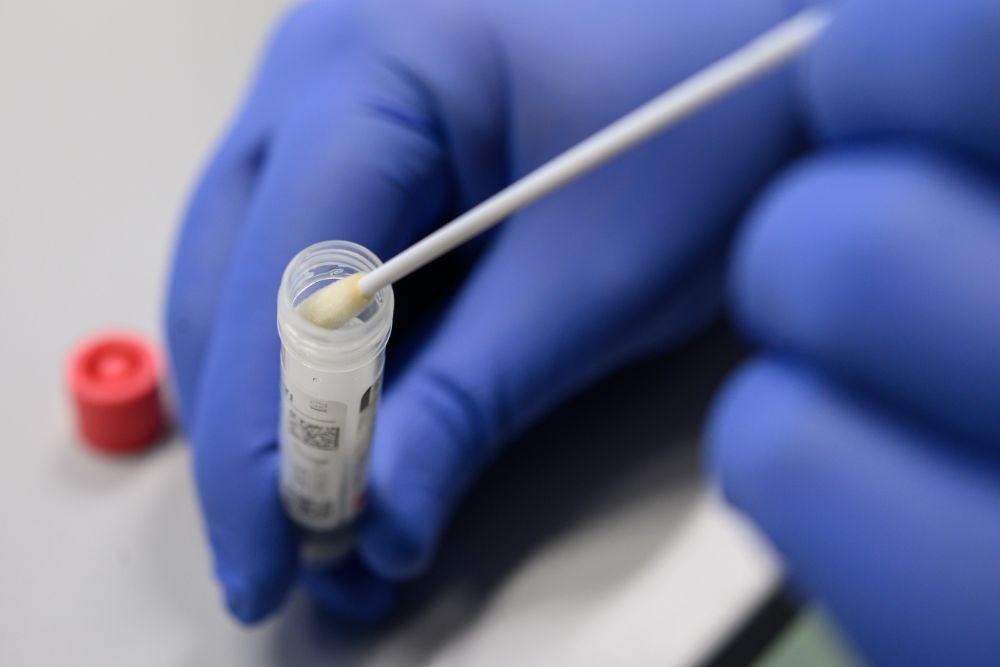
The government has revealed what regions of the UK, France & Republic of Ireland are categorised as on Jersey's traffic light system for safe travel.
The likes of Liverpool, Leicester, Lancashire, Manchester, Newcastle and parts of London, the West Midlands, and Yorkshire have been designed as amber - meaning arrivals from these authority areas will have to take two Covid-19 tests and isolate for at least five days.
Antrim and Newtonabbey, Belfast, Causeway Coast, and Glens, Derry City and Strabane and Lisburn and Castlereagh in Northern Ireland are amber, with Mid and East Antrim a red designated county.
Aberdeen City, Angus, Dundee City, and Perth and Kinross are designated as amber in Scotland, with Cardiff the same in Wales.
Carlow, Clare, Dublin, Kilkenny, Laois, Limerick, Offaly and Tipperary are amber in the Republic of Ireland, with Kildare a red designated area.
In France - Guyane, Paris, Seine-Saint Denis, Val-de-Marne, Herault, Sarthe, Alpes-Maritime, Bouches-du-Rhone and Saint Martin are all red, meaning two weeks of strict isolation.
A host of other departments, including Ille et Vilaine, are listed as amber.
You can search which region is where on the traffic light system by clicking here.
Travelling to Jersey? Check the categorisation of the countries you’ll have visited in the 14 days before arriving: https://t.co/2CU0lCQ5n7. You must disclose them, and their category will affect what you must do in Jersey: pic.twitter.com/SZFeUfUGnQ
— Government of Jersey (@GovJersey) August 31, 2020
All travellers will have to state whether they have or will stay in any country or region other than their point of departure within 14 days prior to their arrival in Jersey.
"We ask all travellers arriving to the Island to declare their travel history as required by the Safer Travel Policy. We have expanded our risk-based approach to include regions where reliable and verified data is available.
"Regions within countries where there is a higher level of risk are under stricter testing and isolation requirements, however where there are significantly lower levels of risk, less stringent requirements will be in place.
"We test almost everyone arriving on-Island through our border testing programme, which allows travel in and out of the Island, meaning that families are able to reunite, people can travel for work and we can welcome visitors, while ensuring that the risk of onward transmission remains low." - Dr. Ivan Muscat, Deputy Medical Officer of Health.


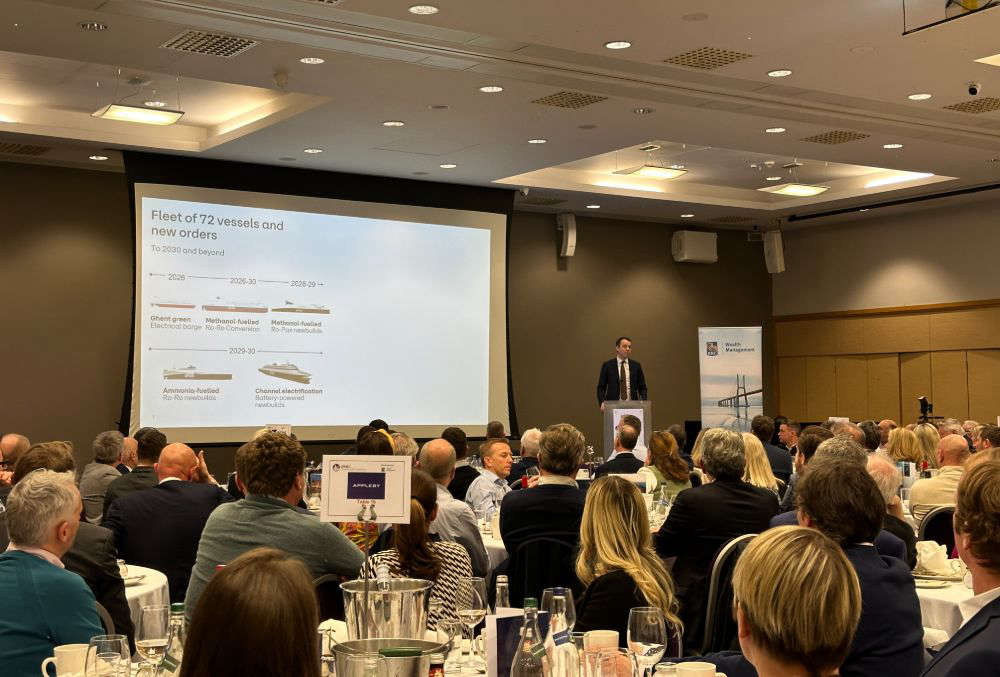 DFDS emails customers about cancellations and sailing time changes
DFDS emails customers about cancellations and sailing time changes
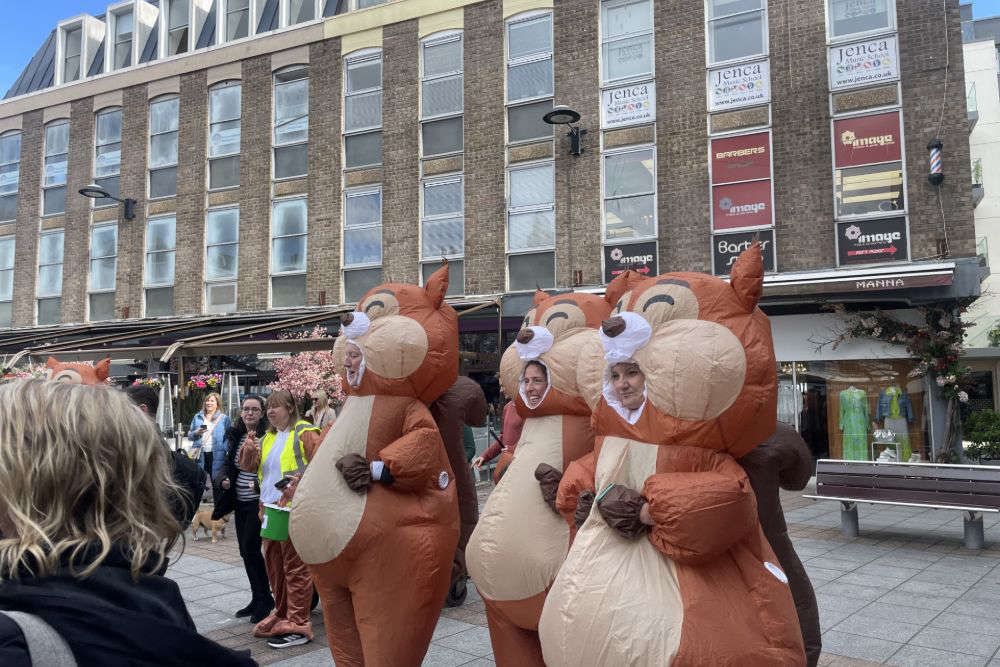 80 squirrels take over town in memory of Dean Lowe
80 squirrels take over town in memory of Dean Lowe
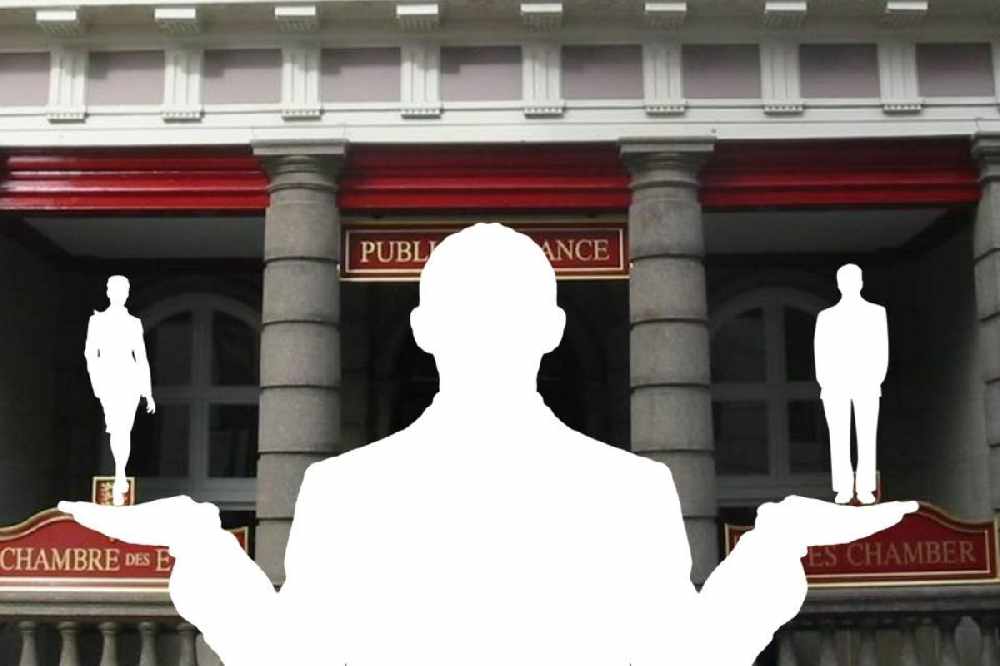 Jersey's gender pay gap narrows slightly to 6.3%
Jersey's gender pay gap narrows slightly to 6.3%
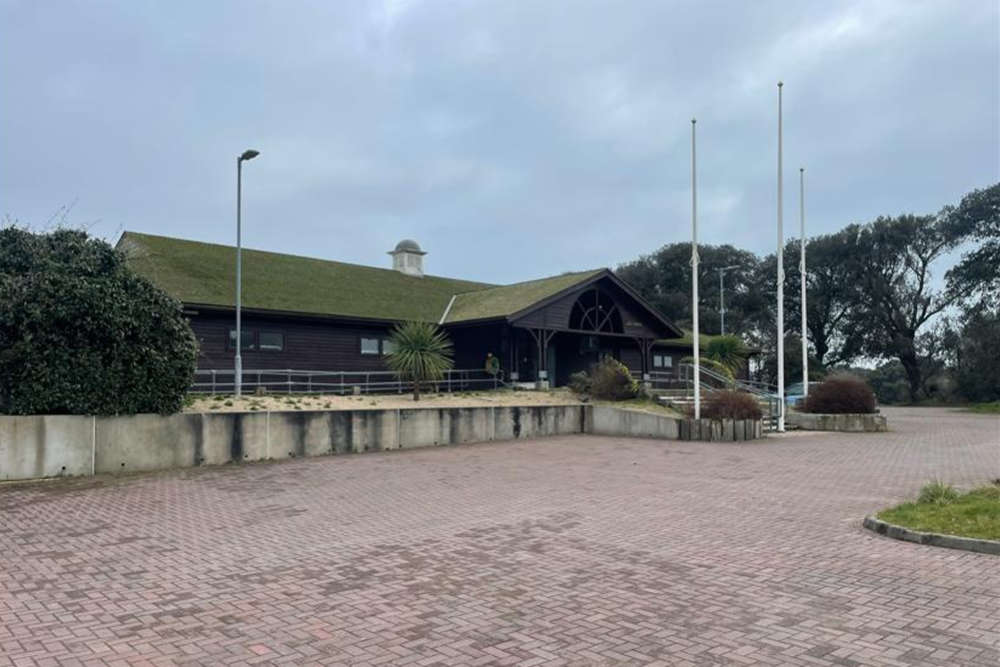 New tenant sought for Les Creux Pavilion
New tenant sought for Les Creux Pavilion
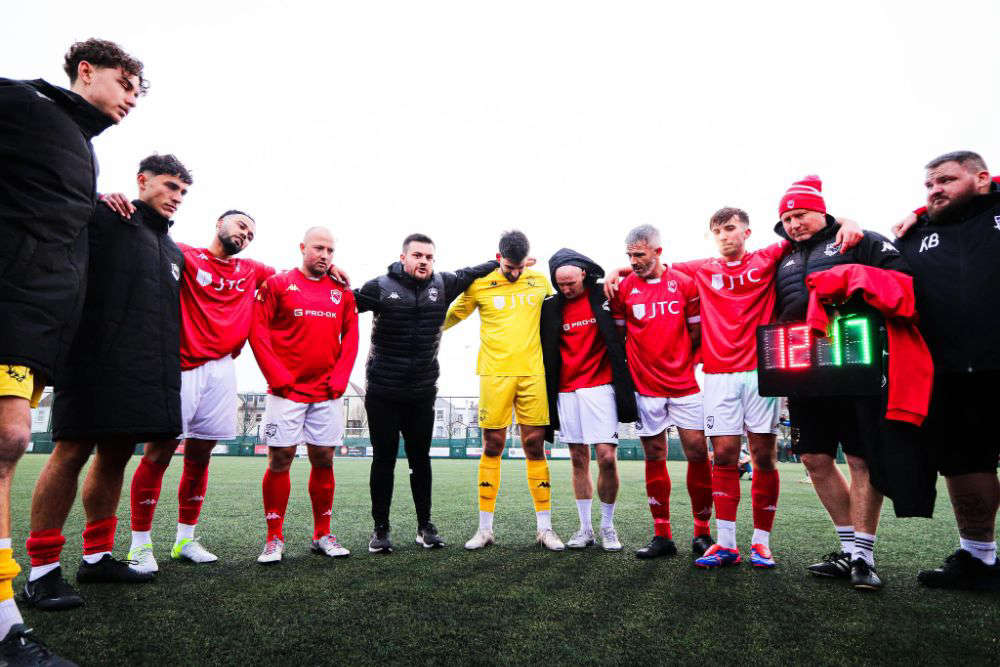 Jersey Bulls player hospitalised in the UK after 'serious injury'
Jersey Bulls player hospitalised in the UK after 'serious injury'
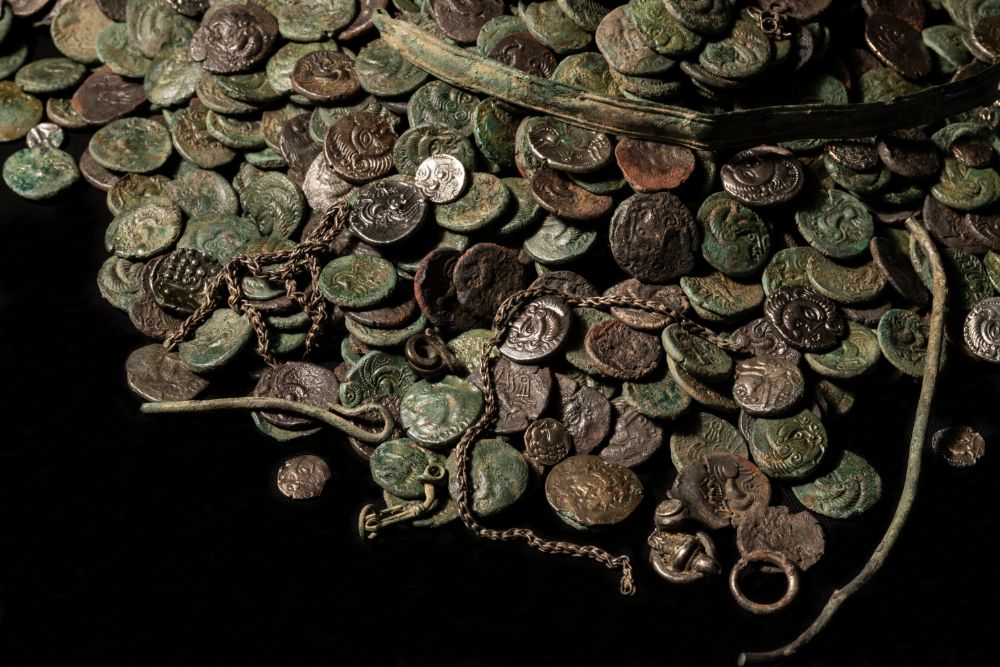 'Sacred' Celtic ground in Grouville could be reason for coin hoard location
'Sacred' Celtic ground in Grouville could be reason for coin hoard location
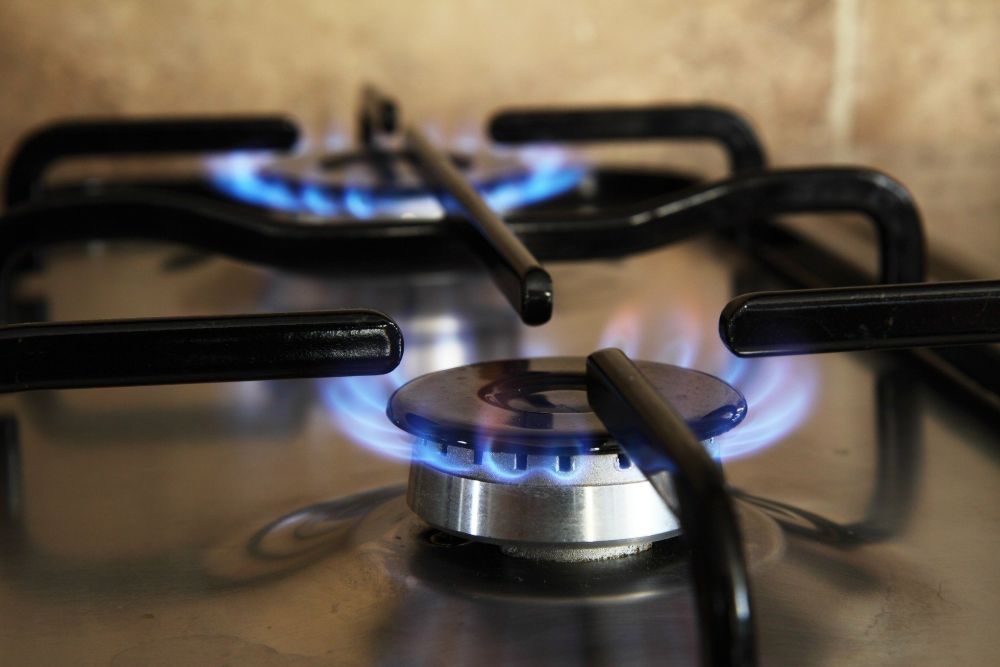 Minister wants tougher powers over gas company
Minister wants tougher powers over gas company
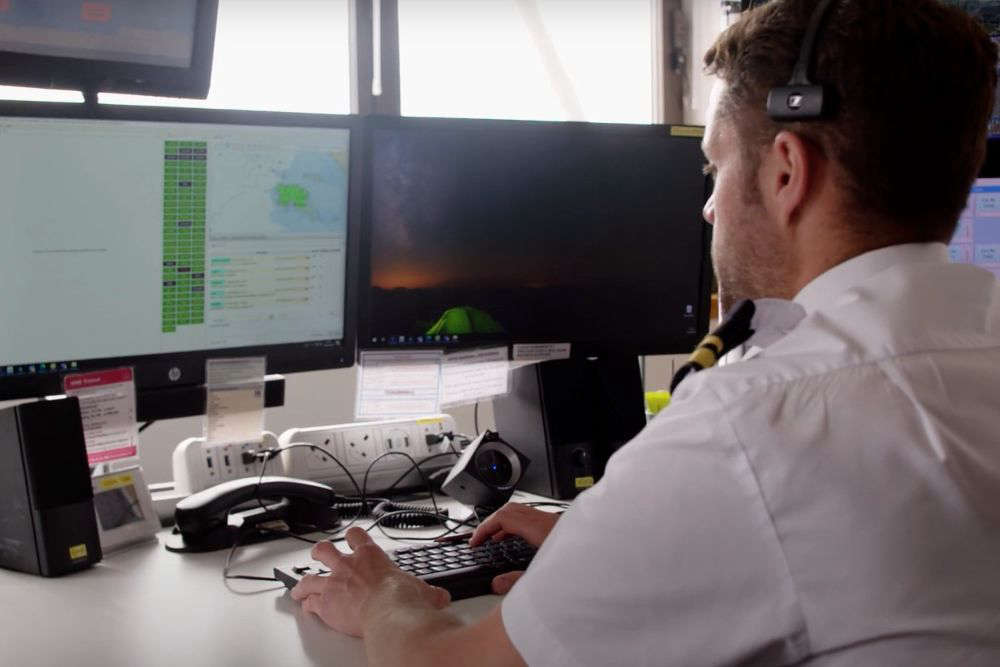 Jersey Coastguard responded to over 200 incidents last year
Jersey Coastguard responded to over 200 incidents last year





